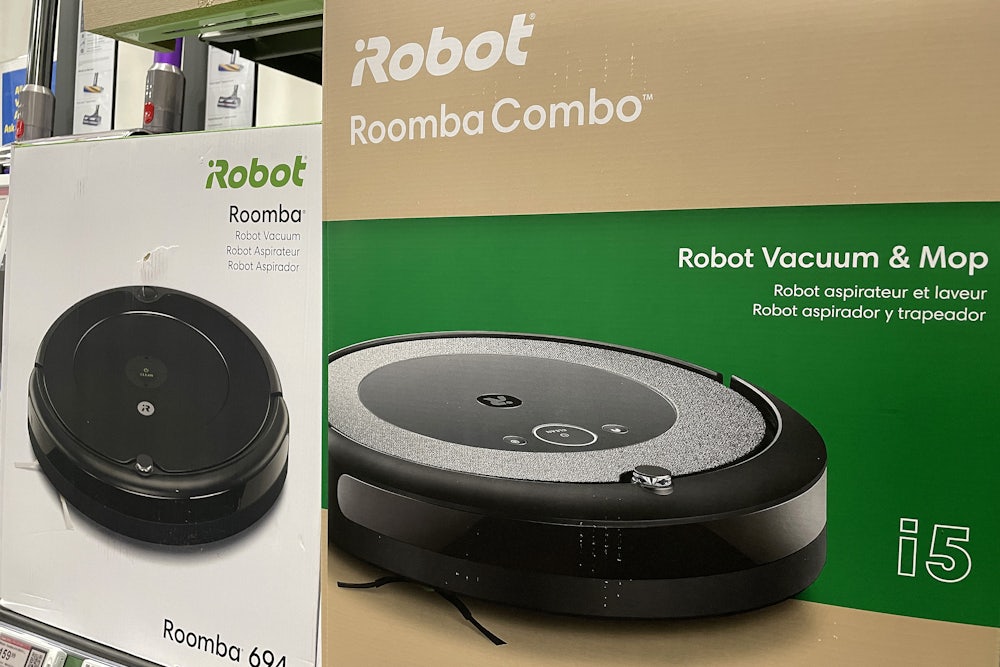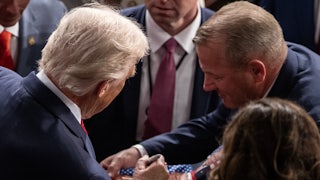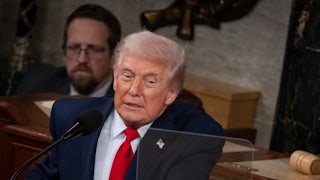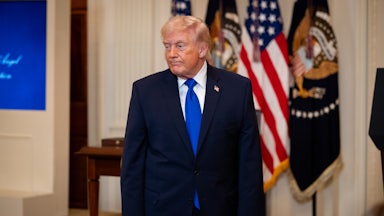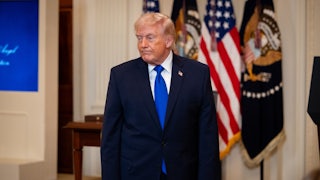After Amazon walked away Monday from a $1.4 billion deal to acquire iRobot, the company that makes Roomba self-operating vacuum cleaners, iRobot immediately announced that it would lay off 31 percent of its staff and that its founding chief executive, Colin Angle, would depart. Amazon’s decision to bail was its response to antitrust objections raised by the European Union and by President Joe Biden’s Federal Trade Commission, which reportedly told the online retail giant last week that it was preparing to block the merger.
You can say that the loss of about 350 jobs is the human cost of a newly aggressive antitrust policy here and abroad. That’s true, and it’s unfortunate. But I’m curious why Amazon wanted to buy an obviously struggling company in the first place. We can safely assume it wasn’t because Amazon wanted to make the market for self-operating vacuum cleaners, or for robotics in general, more competitive. Perhaps Amazon saw an opportunity to add to its suite of Alexa-linked home surveillance devices. But a likelier motivation is that Amazon wanted to use its powerful retail platform to rig the robot-vacuum market in favor of a still-dominant but declining brand. The EU and the FTC were right to suspect a monopolistic motive.
The usual takeover target is a plucky little company on its way up. But iRobot, which Angle founded in 1990 with two fellow nerds from MIT’s Artificial Intelligence Lab, was not that. It was a plucky little company on its way down. When the merger was announced in August 2022, iRobot’s quarterly operating losses were about $64 million, revenues were down 30 percent, and the stock price was down 40 percent. Losses continued to mount after the deal became public, obliging iRobot to lower the sale price from an initial $1.7 billion.
Even with the purchase price adjusted downward, iRobot would have been Amazon’s fourth-largest acquisition in history, after its purchases of Whole Foods ($13.7 billion), MGM ($8.45 billion), and the One Medical chain of boutique health clinics ($3.9 billion). Those were thriving companies when Amazon decided to gobble them up. iRobot was not.
I mean no disrespect toward the Roomba, which was introduced two decades ago. It’s still the market leader and a product of high quality; Roombas occupy the top five spots on Consumer Reports’ ratings for robotic vacuums, and all but two of the top 10 (the exceptions being products made by Roborock and SharkNinja). But Roomba’s glory days of total market dominance are gone. Competition from China (Roborock is a China-based company) is fast reducing iRobot’s global market share, especially within Asia, the vacuum robot’s biggest market. Between 2016 and 2020, Roomba’s global market share fell from 64 percent to 46 percent.
The European Union, in stating preliminary objections to the merger in November, pronounced itself wary of what Amazon might do to boost sales for Roomba once it owned iRobot. It might stop listing Roomba’s rivals, the EU report said, or make those listings harder to find. It might decide not to list Roomba’s rivals under “Other products you may like” or “Amazon’s choice” or “Works with Alexa.” It might jack up advertising fees for rival robot vacuums, or fees to be a third-party seller. At least some of these strategies might cause Amazon to lose revenue from those rivals, the EU report conceded, but “the merged entity would likely gain more from additional sales … than it would lose from fewer sales of iRobot’s rivals and other related products.” Indeed, if Amazon didn’t plan to do one or more of these things, it was hard to see why Amazon would want to buy iRobot.
Such tactics, we have ample reason to believe, are standard operating procedure at Amazon. An antitrust lawsuit that the FTC filed in September said Amazon’s website had replaced “helpful organic search results with biased ‘widgets’ that direct shoppers to purchase Amazon’s private label products,” of which Roomba would of course be one after a merger. That this practice hasn’t caused Amazon to lose customers, the FTC filing said, “further demonstrates its monopoly power.” According to a 2020 ProPublica story by Renee Dudley, Amazon started reserving the top spot in product searches for its own private-label products during the Covid pandemic. When ProPublica confronted Amazon with this, a spokesperson replied that “Amazon’s private brand products have on average higher customer review ratings, lower return rates and higher repeat purchase rates than other comparable brands.” In effect, this person was asking us to believe that in addition to being the nation’s best online retailer—which (why quibble?) it is—Amazon was the nation’s best manufacturer of consumer products. Which seems doubtful.
Indeed, Dudley found that Amazon’s private-label products sell well because Amazon lists them first, and not the other way around. Dudley cited the example of two short-sleeve Oxford shirts Amazon makes that Amazon listed, in this case, not at the very top but on the first page of search results. Had these items been ranked according to sales over a 30-day period, Dudley wrote, the shirts would have been listed at the bottom of the second page of search results. Somebody was rigging the algorithm.
A 2020 report by Dana Mattioli in The Wall Street Journal further revealed that Amazon used extensive proprietary information that third-party sellers provided the company to develop its own private-label products, even though the company denied doing so to Congress. “We know we shouldn’t,” one former Amazon employee told Mattioli. “But at the same time, we are making Amazon branded products, and we want them to sell.” The practice generated so much criticism (and so much attention from the FTC) that Amazon last August said it would cut back on private-label products, which at their peak numbered 243,000.
I’m agnostic on the question of whether Amazon wished to buy iRobot so that its Roombas could collect even more intimate detail for Amazon about your life and mine. But none of us has any secrets from our vacuum cleaners. Conceivably Amazon could have used Roombas to transmit your square footage to Seattle headquarters. Writing for The Atlantic when the merger was first proposed, Ron Knox, a senior researcher at the nonprofit Institute for Local Self-Reliance, said that already the Roomba knows how to inventory the contents of your home. “The vacuums are now equipped with a camera so it can respond to commands like ‘Clean in front of the couch.’ But that means it knows what kind of couch you have—and crib, and dog bed, and so on.” Imagine the conversation an Amazon-manufactured Roomba might conduct with your Amazon-manufactured Ring smart doorbell and your Amazon-manufactured Blink security camera. Though for all I know, since Roombas and Rings and Blinks all hook up to Alexa now, they’ve conspired already to assemble a pretty thorough dossier on you and me.
Without Amazon, iRobot and its Roombas will either get rescued by another, probably smaller, company or fight its way back to profitability on its own. iRobot will do that by competing with other robotics companies selling Roombas and other ingenious devices. Or iRobot may go out of business, putting the rest of its employees out on the street. That would be a shame, but market capitalism works like that, and making markets competitive is exactly what antitrust policy is supposed to do, and until recently seldom did. Create a more competitive market and you should end up with more jobs, not fewer. More companies means more workers.
